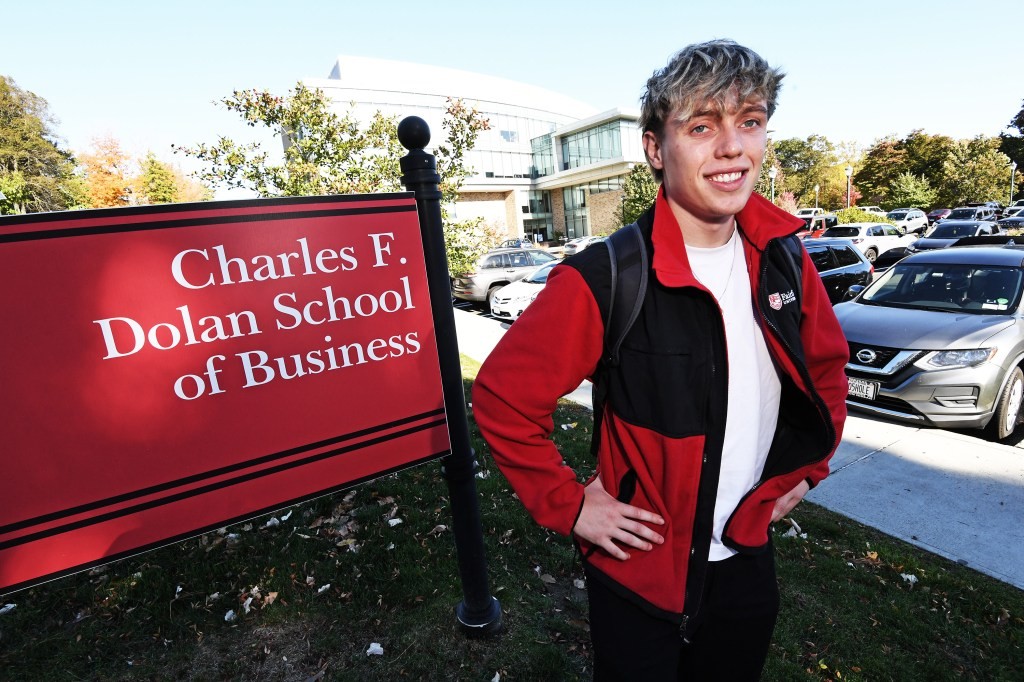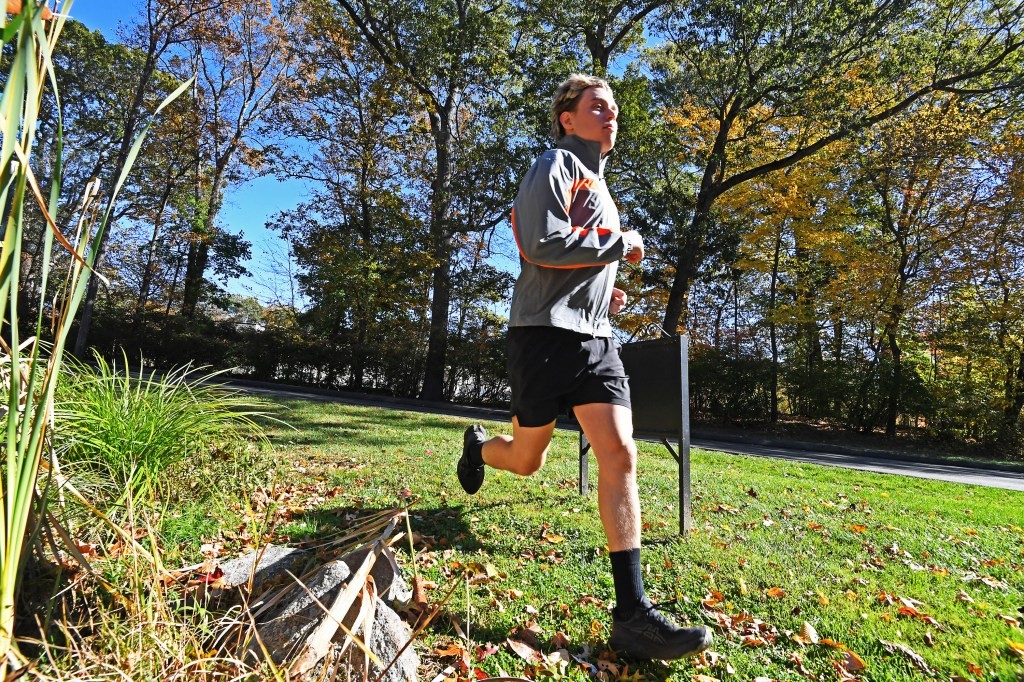From a silent beginning to a Manhattan finish line: autism, an MBA, and the NYC Marathon
Evan Mansfield’s journey defies expectation. He was diagnosed with autism at a very young age and wasn’t fully verbal until he was six. After years of therapy and steadfast support from family and friends, he’s finishing his MBA at Fairfield University in Connecticut and preparing to toe the start line at the NYC Marathon with NYRR Team Inspire. “With a bit of hard work and dedication, anything is possible,” Mansfield, now 23, told The Post. As part of this journey, he is fundraising for the Autistic Self Advocacy Network, a nonprofit that believes autistic leadership should guide discussions, policies, and research about autism. He is using his platform to dispel harmful misconceptions about the neurodevelopmental condition and show that autism is not a problem to be solved or a disease to be cured, but a difference in how we process information and how we access the world around us.

In This Article:
A life shaped by early support and relentless practice
Mansfield hails from rural southeast Ireland and was diagnosed with autism at age 2 after his parents noticed a developmental lag. He struggled with feeding, toilet training, socializing, and talking, so much that his two younger brothers helped teach him words. His language and memory would come and go, and he often lined up toys by size and shape instead of playing with them. He also faced sensory issues that could be overwhelming in certain environments. Because he was the only one in his family with autism, his parents learned quickly how to navigate this new world, arranging intensive speech work and therapeutic schooling. He had a full‑time special needs assistant until 12 and access to one‑on‑one teaching until 18, made possible by his proactive parents. “It’s taken a lot of hard work,” Mansfield said, “that I wouldn’t be able to do without the early access to supports.”

Fitness as a catalyst: from therapy to teamwork
Fitness became a catalyst for development. Running, rowing, and soccer helped him learn to socialize and work as part of a team. Research suggests that traits often associated with autism, such as repetitive motion and a preference for routine, can be advantageous in endurance sports. Yet many with autism still face sensory challenges when running. On Fairfield’s roads, Mansfield seeks stimulation to cope. “I’m always listening to a book. I’ll verbalize my thoughts and talk to myself,” he said. He ran his first half‑marathon last year and decided to tackle the full 26.2 miles, joining more than 55,000 athletes in the NYRR‑produced race.

A mission beyond personal victory: advocacy and representation
New York Road Runners selected Mansfield to be one of 26 athletes on Team Inspire, a diverse group with compelling personal stories. He is fundraising for the Autistic Self Advocacy Network and uses his platform to dispel harmful myths about autism. “I know some of the language that’s been thrown out,” he said. “I just want to put out there that autism isn’t a problem that needs to be solved or a disease that needs to be cured. It’s a difference in how we process information and how we access the world around us.”

The next chapter: a degree, a career, and a life of possibility
Mansfield earned a scholarship to complete an MBA with an AI concentration at Fairfield University. He is the first person in his family to graduate from college, and his master’s degree will be completed in December. After graduation, he hopes to work as an analyst or product manager. “That was never in the wildest dreams of anyone in my family, especially me,” he said. “It just goes to show that pushing people outside their comfort zone, encouraging them to be the best versions of themselves every day, and having that understanding of the autism spectrum are very important.”


